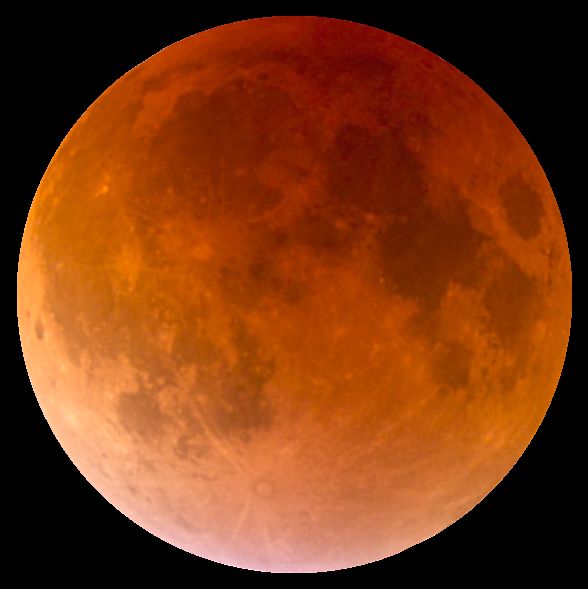Oversharing in the age of digital everything


Last night, Sept. 27, a blood moon was visible to anyone who cared to look up. The moon also was visible to anyone checking Facebook, Instagram, Twitter, or practically any other social media platform. Poorly taken screenshots of a white dot in the sky filled my feeds as I tried to scroll through checking for literally anything else that happened yesterday.
At what point do we take a cynical look at the way our society is built around “sharing” things and decide that some of it isn’t sharing, but simply spam?
Instagram is now arguably more popular than Facebook. Your mom is on Facebook and so is your friend who dropped out of high school to sell drugs and your racist uncle and that one friend who took debate class and thinks they can argue on any of your statuses because of it.
Instagram is simpler. Instagram is where kids can still get away with posting things they can’t on Facebook. It also epitomizes what sharing is in this day and age.
Instagram is all about the picture. Forget the comments, no one is paying attention to what you have to say on Kevin Durant’s new post. Look at your average millennial-age person’s instagram and you’re likely to see selfies, food, pets, friends and other aspects of their day-to-day lives. We feel compelled to disrupt life to take a picture and show people what we did, as if they wouldn’t believe us if we didn’t.
Snapchat is the new golden standard of sharing, however. The idea of sending something that just as quickly disappears is irresistible and, of course, has led to numerous scandalous pictures being sent. Snapchat stories are essentially a combination of every snap someone has taken throughout a day, so you can literally see a day in other people’s lives.
There are quite a few different arguments against oversharing; there’s the “people always have their phones out at X event,” but a quick Google search will show you people on a train with newspapers, or hippies at a Bob Dylan concert all holding up their retro cameras, and that argument quickly melts into a disgruntled baby-boomer rant.
I’m talking about the aspects of sharing every moment of your life that are literally, stupid. Have you ever been in line to get coffee, and, while looking around, seen two girls whip a phone out, distort their faces and take a quick selfie? Or the group of people the next table over at a restaurant in low light who keep their camera flash on while putting moments onto their snapchat story?
Society is slowly accepting this oversharing movement. The newest iPhone operating system, iOS 9, scans through your phone for selfies you’ve taken, and organizes them into a new “selfies” folder. Companies encourage you to share pictures of yourself using their products and tagging them in order to receive discounts, or win prizes. If your company doesn’t have a social media manager, one of the most popular and wanted new jobs, you might as well give up on ever making it big.
Life is better sometimes when it’s shared, but sharing it excessively is annoying and silly. What makes us think that our picture of the blood moon will somehow capture the awe and respect of our friends and family when literally everyone else is thinking the same thing? Yes, it is great to be able to quickly take a picture of something amazing, but at some point, you start to see your life (and other’s) through a lens, instead of your own eyes.